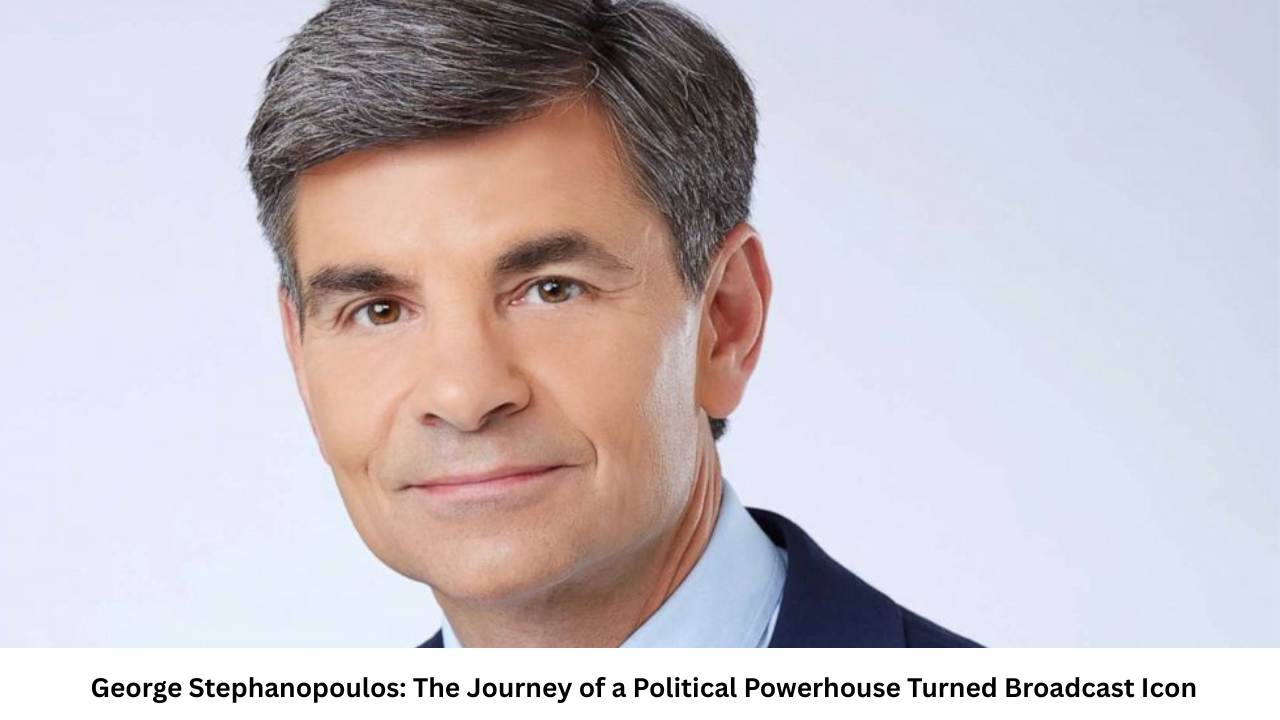My husband started working late every Friday, always with some excuse. One night, his phone buzzed—and the name on the screen made my blood run cold. That’s when I grabbed the mop.
Daniel and I used to have our nights. You know the kind: the kids are asleep, you’re in your pajamas, he’s got a bowl of popcorn, and under a cozy blanket, you put on a movie you’ve both seen five times but pretend it’s the first.
Now? I am sitting in bed, rubbing cream into my hands. Аlone.
Jason fell asleep half an hour before. And Daniel… Suddenly, a phone buzzed downstairs. Somewhere on the first floor.
Strange. If he is already home, why isn’t he coming up?
I crept down barefoot, trying not to make a sound on the wooden stairs. The guest bathroom light was on. Water was running. But that wasn’t what caught my attention. It was the buzzing phone.
“Jessie calling…”
Her name flashed brightly on the screen, along with a photo of a woman with perfect teeth, a perky ponytail, and a button-down shirt with the school logo.
Wait a second… is that…?
Yes. That was Jason’s new teacher!
I sat down on the staircase, my legs suddenly too weak to hold me up.
Seriously? You’re sleeping with our son’s school teacher?
And you even had the nerve to save her photo as her contact picture? When did this even happen?
I stared at the bathroom door. My hand inched toward the phone.
But… I’m not the type who breaks doors or screams bloody murder. That’s never been me.
No. If there was a truth to be found, I’d find it. Quietly. My way.
***
I sat across from my best friend Lana in our usual Friday café — well, my usual. In those days, Daniel never had the time. The cappuccino in front of me was already lukewarm. My spoon just circled the foam.
“I just… I don’t even recognize myself anymore,” I said, my voice shaky as I blinked back tears.
Lana leaned forward, gently rolling her eyes.
“Oh, come on…”
“Especially on Fridays,” I pressed on, my throat tightening. “Remember how it used to be our night?”
“Let me guess. Now he’s always ‘working late’?”
I exhaled slowly into the steam of my drink.
“Every Friday. Says it’s school duty. Some afterschool club or another.”
“But…?”
I hesitated, then leaned in. My voice dropped to a whisper.
“But yesterday… his phone buzzed while he was in the bathroom. And I saw the name.”
Lana froze.
“Go on.”
“It said Jessie calling. With a photo. A woman smiling like she’d just stepped out of a toothpaste ad. Ponytail. School logo on her shirt.”
I paused.
“It was Jason’s new teacher.”
Lana’s eyes widened.
“Nooo.”
“Yes.”
She slapped the table lightly.
“Oh, no no no. That’s not just school duty. That’s extracurricular drama. Okay. You need to do something.”
“Me?” I nearly choked on foam. “Lana, I still blush when I tell Jason Santa Claus is real. I can’t even lie to my cat without tearing up!”
“Perfect. Because you won’t have to lie. Just… clean a little.”
“…What?”
“One of our cleaning girls called in sick. The school made a request. My husband runs the service, remember?
“Yeah, but…”
“I’ll tell him we’re sending a replacement. Someone new. You.”
I stared at her like she’d lost her mind.
“You want me to become a janitor?”
“Just for a week! I’ll even give you a disguise. My party wig—red and curly. A name badge. No one will recognize you. It’s your chance to snoop without looking suspicious.”
I let out a half-laugh, half-wheeze.
“I’ve been scrubbing our floors for fifteen years. Maybe it’s time I go professional.”
“Exactly!” Lana winked. “You’ve got all the experience. You’re just switching locations.”
My brain was screaming.
What if someone recognizes me? What if Daniel sees me?
Or worse…
What if I see something I can’t unsee?
I let out a long groan, dropping my head into my hands.
“Oh my God. I can’t believe I’m considering this. I haven’t even pretended to be someone else since I wore bunny ears to Jason’s Easter play.”
“Honey, those bunny ears were iconic. This? This will be legendary.”
And just like that… Operation “Clean Up the Truth” was born.
***
The following morning, I made breakfast like always, left Daniel a note saying I had errands to run, and trusted he’d take Jason to school.
Meanwhile, I rushed across town to Lana’s house. Her hallway smelled like freshly ironed laundry, coffee, and expensive coconut perfume.
I, on the other hand, smelled like nerves, standing in front of her mirror and staring at myself.
“I don’t look like me,” I whispered, tugging at the red wig. “I look like a lunch lady who yells ‘everyone in line!’ three times before collapsing.”
“Exactly!” Lana beamed, fastening the collar of my oversized navy uniform. “I’m so proud of you.”
“Uhh…”
“Perfect disguise,” Lana continued, clicking a name badge onto my chest. “No one suspects the janitor.”
I glanced down. It read: “Kacey”
My shoes were orthopedic. My gloves stuck out of my pocket like I was about to commit a chemical heist. I was a mop away from a sitcom.
“You’re sure no one will recognize me?”
Meanwhile, Lana stuffed a walkie-talkie into my hand.
“Honey, you look like a school ruler — everyone’s seen one, no one remembers what it looks like.”
***
Thirty minutes later, her car screeched to a halt behind the school. Silence. Mist. And the faint smell of boiled sausages — must’ve been coming from the cafeteria.
“You’ve got this,” Lana said, unclicking my seatbelt like she was sending me to war.
“You’re Julia Roberts in Pretty Woman. But instead of red boots, you’ve got bleach and a backup mop.”
“Oh, fabulous. Pretty Woman with floor cleaner.”
“If anything goes wrong, hit the panic button. Or just run.”
She flung open the door and literally shoved me out.
“Good luck, Agent Kacey. Kacey doesn’t panic. Kacey mops.”
***
The school security guard barely looked up.
“New one?”
“Mhm.”
“Don’t use the staff microwave. Smells like fish.”
Cool.
My heart hammered like I’d just robbed a bank. Every step down the hallway echoed louder than it should. A group of middle schoolers walked past. One girl leaned in to the other.
“Who is she?”
“She’s a liar…”
Oh no. They know. They all know. They can SEE through me.
I turned, ready to faint. But those two girls were just munching chips and giggling.
“…and my mom puts raisins in potato salad. I told her that’s like a culinary crime.”
Oh. Just raisins in potato salad. Not me. Yet. Paranoia: 1, Reality: 0.
I sighed and got to “work.”
***
There was no sign of Daniel. All day.
Until the final bell rang. The halls exploded with voices and backpacks. Some kids rushed to clubs, others out the door. And then I saw Jason walking, chewing an apple. He looked healthy. Happy. Alive.
Then I saw Daniel. Heading toward Jason’s classroom. Where the same Jessie who smiled from his phone screen like a toothpaste model, worked.
I turned on my heel, sucked in my stomach, and pretended the floor near her door was desperately dirty.
The door creaked open. Jessie’s voice floated out like syrup.
“Yeah, yeah… tonight, same as always?”
Same as always?!
My palms went sweaty. My brain screamed.
There it is. The betrayal!
And then…
“Dad?”
Jason!
My son walked into the classroom.
“I forgot my pencil case…” he mumbled, and then…
He looked right at me. I flinched. My mop slipped.
The handle hit my wig, and in a flash, that fiery red thing launched to the ground with a thud.
Jason stared at me.
s
Oh no. No. No no no.
“Mom?!”
Dead. I’m dead.
Daniel looked up at me, startled.
“…Sweetheart??”
Checkmate, Kacey.
There I stood. On a freshly mopped floor. Bright red in the face. Heart pounding like the automatic hand dryer in the staff bathroom.
My husband cheated, yet I was the clown in this comedy of errors.
I wanted to cry. Instead, I smiled.
“Hi, honey! Just came to get Jason.”
“You look… weird.”
“I’m coming with you,” Daniel added, stepping closer.
“Oh no, no,” I said sweetly, looking Daniel straight in the eye. “You’ll stay where you planned to spend your evening.”
I grabbed Jason’s hand and walked out before either of them could say another word. And only when the door shut behind us… did the tears finally fall.
I thought I was coming to catch a cheater. But nothing had prepared me for what came next.
***
At home, I was at the peak of my rage. But I had to hide it—at least from my son.
“Jason, you can skip school tomorrow, don’t even worry about homework. Go watch cartoons.”
“Mom! Yay!”
“Someone in this house deserves to relax,” I called out over my shoulder, stomping upstairs. “Wash your hands and pour yourself some pancakes.”
“Okay!”
I yanked open the wardrobe and started throwing Daniel’s clothes into a pile.
“Jeans. Vacation pair. Great! Take a vacation now.”
“Socks… wow, matched pairs. A miracle.”
“Oh, the ‘Best Husband Ever’ T-shirt? Sorry, Mr. Marks & Spencer. Today, I’m not in the mood for irony.”
I grabbed the suitcase and dragged it downstairs. I was already lugging the second suitcase onto the porch when I froze mid-step.
A girl stood in front of the house. Slim, about ten years old. Backpack on one shoulder. Her hair was in neat braids. She twirled on her toes like she’d been waiting forever.
“Good afternoon!” she chirped, spotting me.
“Hello…”
“I came with my Dad.”
Excuse me?!
I nearly dropped the suitcase. And just then, Daniel stepped out of the car.
“Hi… I, uh… Can we come in?”
“What is going on? Who is this girl?”
She was already smiling at me like we were old friends.
“My name’s Sofia.”
“She’s my daughter,” Daniel said softly.
I stared at her. She stared back with big, light eyes. The same ones my husband had. Then Jason peeked around the corner.
“What’s going on?”
“You have a guest,” I told him. “Be polite. Your Dad and I need to talk.”
I turned to Sofia.
“Sweetheart, go join Jason. Cartoons are serious business.”
Once they disappeared, I faced Daniel.
“You should’ve told me right away.”
“I know. But I was scared. Jessica… We used to be together before you. She left and said nothing. Now she’s back.”
“And you?”
“I don’t want to lose you. Jessie’s married now. She doesn’t want anything from me. Just… for Sofia to have a father.”
“Everyone has a past, Daniel. But if this is part of your future, I want Jason to know his sister. Not figure it out the way I did. With wigs and mops.”
Daniel smiled gently. “We were thinking about what school to move her to. Clara was afraid it would be awkward.”
“It will be right.”
I was still furious. But deep down, I was relieved. I loved my husband.
“I’m going to the kitchen. The kids need milk.”
“Oh… and the suitcase?”
“You’ll carry it. For once in your life, do something on your own.”
Tell us what you think about this story, and share it with your friends. It might inspire them and brighten their day.







Leave a Reply